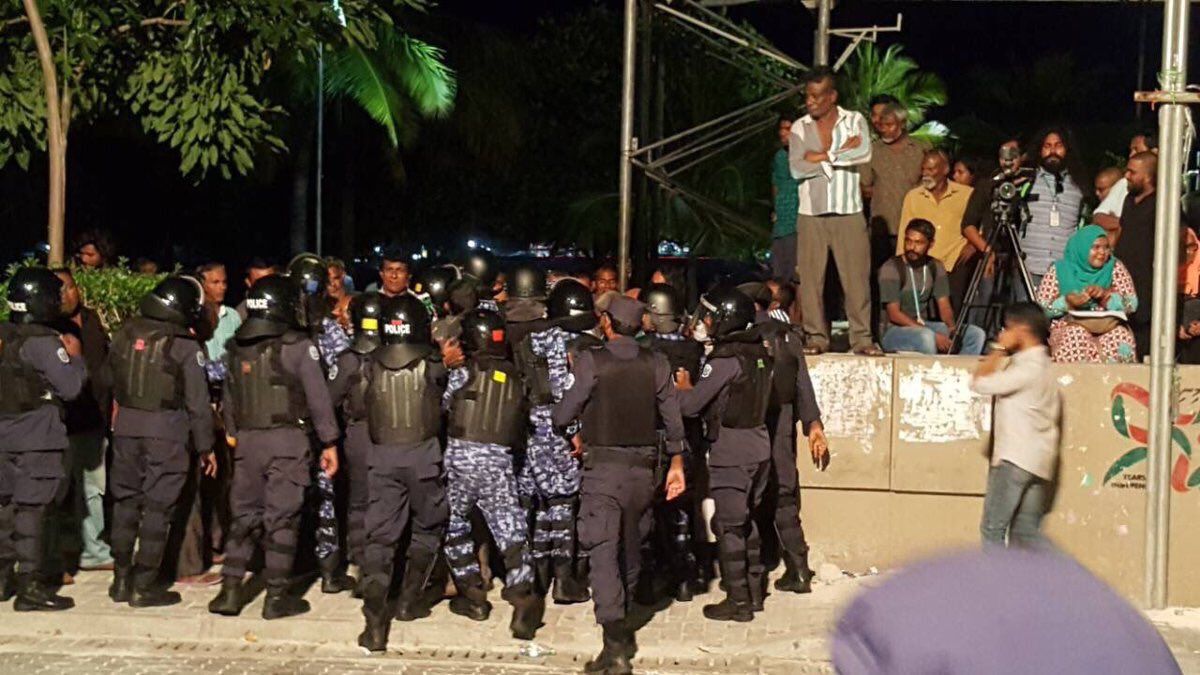Maldives State of Emergency: FAQ
President Abdulla Yameen claims the Supreme Court is at the centre of what his supporters have called a “judicial coup” to overthrow the government.

12 Feb 2018, 09:00
It has been a week since President Abdulla Yameen announced a state of emergency. His office has been publishing regular updates about what has been happening and why. Here is a Maldives Independent FAQ. We have a timeline of key events here.
Why is there a state of emergency?
President Abdulla Yameen claims the Supreme Court is at the centre of what his supporters have called a “judicial coup” to overthrow the government. He said there was no way for him to investigate the attempted coup without declaring a state of emergency.
“I wanted to know how well planned this coup and how far it is connected to (other countries). I was forced into this situation. It really became difficult to run the state,” he said.
Become a member
Get full access to our archive and personalise your experience.
Already a member?
Discussion
No comments yet. Be the first to share your thoughts!
No comments yet. Be the first to join the conversation!
Join the Conversation
Sign in to share your thoughts under an alias and take part in the discussion. Independent journalism thrives on open, respectful debate — your voice matters.




